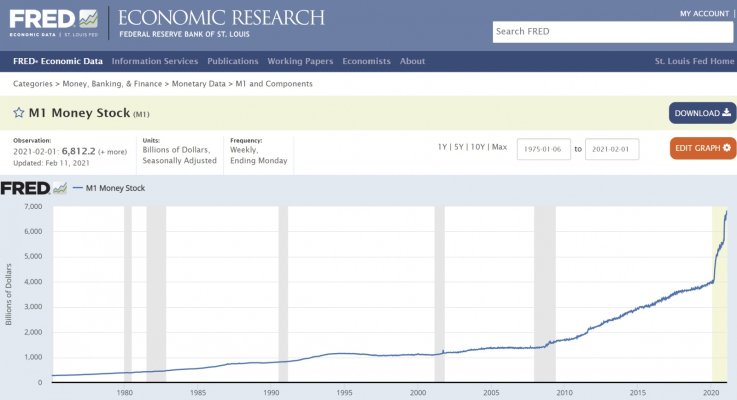twaddle
Thinks s/he gets paid by the post
- Joined
- Jun 16, 2006
- Messages
- 1,703
Back-story: a friend I worked with 25 years ago still keeps in touch. We talk finances once in a while. The last time was after the housing bubble popped (yeah, a while ago). I suggested he consider income-producing property if he wanted a "job."
Well, he's now a lot richer than I am.
Anyway, he recently complained about the lack of similar opportunities, and we shared some worry words. He surprised me by asking for other advice behind my back. And he got a response about inflation concerns from Shiller himself.
Part of the response was a link to this debate between Krugman and Summers.
Well, he's now a lot richer than I am.
Anyway, he recently complained about the lack of similar opportunities, and we shared some worry words. He surprised me by asking for other advice behind my back. And he got a response about inflation concerns from Shiller himself.
Part of the response was a link to this debate between Krugman and Summers.

